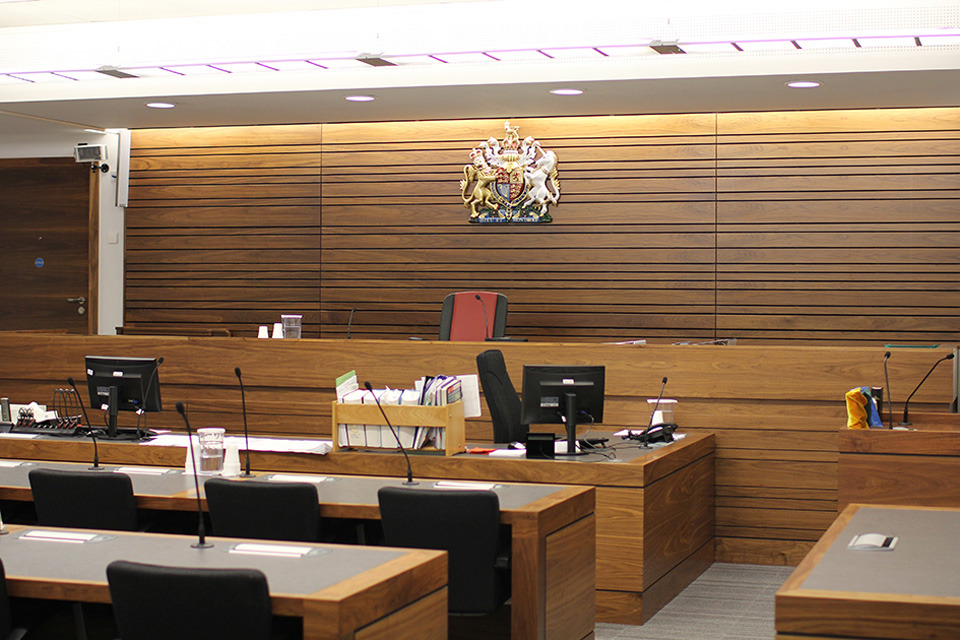Less than 1% of fraud cases in the UK lead to charges, leaving victims struggling to obtain refunds or recourse. A recent report evaluating the government’s efforts to address this alarming issue has shed light on the matter.
Parliament Criticises Government’s Slow Progress on UK Fraud
Members of the Public Accounts Committee expressed dissatisfaction with the slow progress made by the government in addressing the estimated 3.8 million incidents of fraud. The committee highlighted that fraud constitutes 41% of all crimes committed in England and Wales. Which is a major cause for concern.
For victims of fraud in the UK, reporting fraud is an essential step in combating this rising crime. By reporting fraud, individuals can help law enforcement agencies identify patterns and trends and ultimately catch the criminals responsible.
The Staggering Cost of Fraud in the UK
Individuals in the UK face a staggering cost of £4.7 billion due to fraud, while the potential price to businesses remains unquantifiable. Sadly, victims of fraud often bear the financial burden of these crimes, struggling to obtain much help or a refund.
The Home Office’s approach to tackling fraud has been labelled “sluggish,” with the UK’s “immature” overseas criminal justice agencies failing to address international elements of fraud. This lack of action is one of the main reasons why the UK has become a safe haven for fraudsters.
The current measures are insufficient, as less than 1% of approximately 900,000 fraud cases resulted in the fraudster being charged. This failure has led to the Action Fraud hotline being dubbed “Inaction Fraud” due to its ineffectiveness in assisting victims.
Police Morale and Public Trust Impacted by UK Fraud
Fraud investigations often last longer than the sentences handed down to criminals, impacting police morale. Furthermore, negative experiences of reporting fraud risk undermining public trust in law enforcement.
Meg Hillier, the Labour chair, expressed concern about the government’s inability to grasp the extent of fraud. The government’s poor performance in understanding and reducing fraud’s prevalence and harm affects businesses, individuals, and society.
The current approach to penalising and sentencing fraudsters must be revised to prevent the UK from becoming a haven for fraudsters. As a result, opportunities to avoid further damage are being missed, and public confidence in law enforcement is being undermined.
Labour Demands Urgent Action on UK Fraud Strategy
In response to the criticism, the Home Office stated that the government is committed to cracking down on fraud. They revealed their intentions to release a comprehensive fraud strategy. Aimed at forming a united effort between the government, law enforcement agencies, and the private sector to enhance public protection and intensify the disruption of fraudsters. The government has also committed over £400 million over the next three years to strengthen the response to fraud.
Despite the Home Office’s announcement, Labour urged Prime Minister Rishi Sunak to expedite the implementation of his fraud strategy. Emily Thornberry emphasised the urgent need for a more unified and coordinated response across government and law enforcement.
As the number of fraud incidents continues to escalate, the government must take swift and decisive action to safeguard individuals, businesses, and society from the devastating effects of fraud. In addition to implementing a robust fraud refund system and promoting fraud reporting among citizens, several other measures must be taken.



